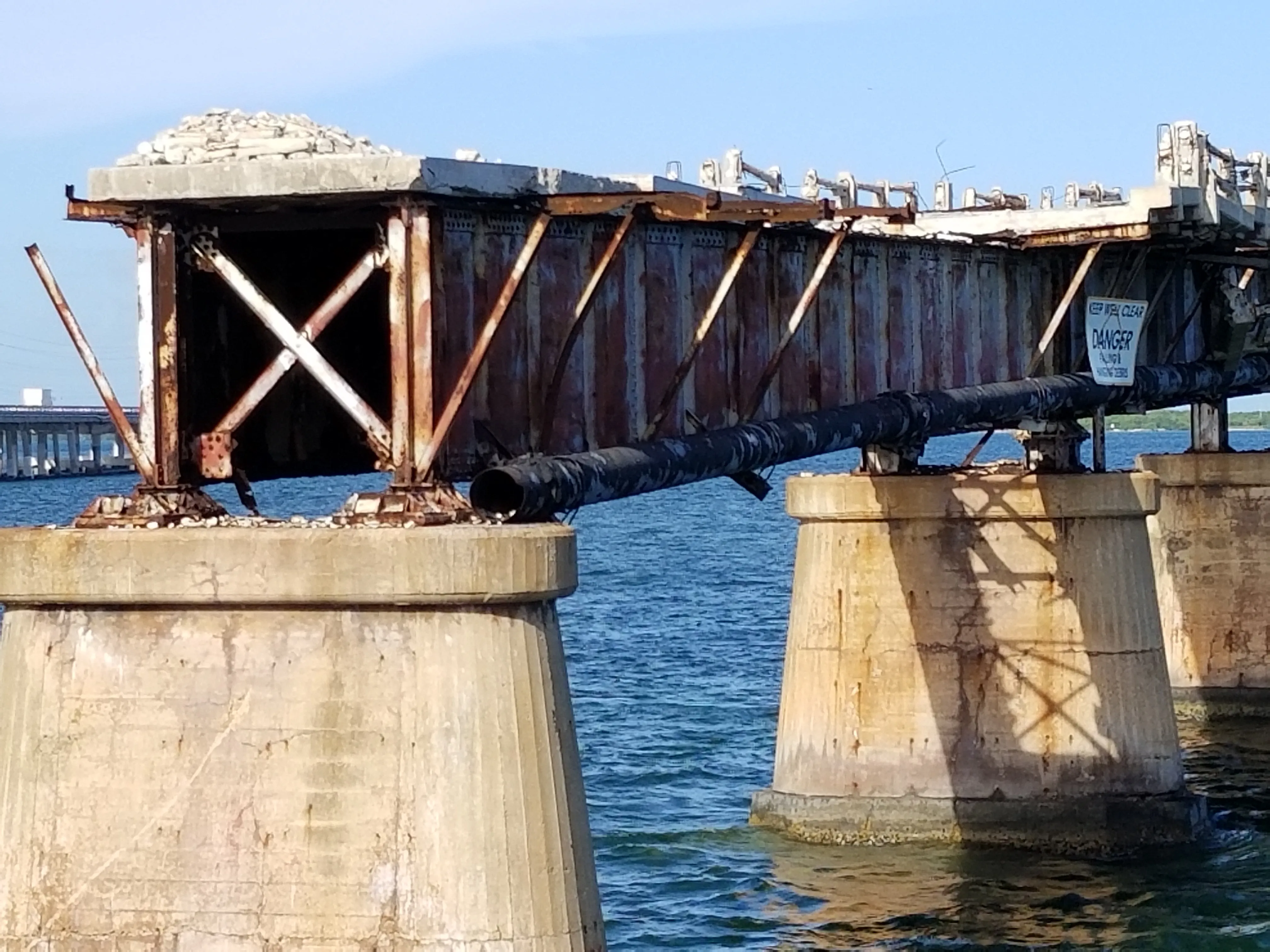
The key infrastructure policy adviser to US president Donald Trump has resigned, according to US media reports.
DJ Gribbin is "moving on" to pursue unspecified opportunities, a White House official told the Washington Examiner newspaper.
Gribbin joined the White House staff in February 2017 to advise Trump on how he could fulfil his election promise to boost infrastructure spending with around US$200 billion.
Gribbin previously worked as chief counsel for the
Trump’s proposed $200 billion in federal funds is to encourage states, cities and private enterprise to invest in roads, bridges, dams, airports and other infrastructure. The money is expected to be paid out dependent upon investment by lower governments and businesses which the Trump administration will reach around $1trillion itself.
But there are doubts that Trump will get a bill through Congress that would allow his planned federal handouts, according to analysts. This is even though the money is desperately needed. Last year, the
Political opposition in Congress has pitted the opposition Demnocrats – which normally favour federal public works spending – against Trump’s Republican Party Congressional members. The Democrats have proposed their own plan that would inject $1 trillion in direct federal infrastructure spending – five times Trump’s proposal.
Getting his own Republicans on side may not be easy either. The party is traditionally against public works spending, even more so now given Trump’s $1.5 trillion tax cut plan announced last year. Another $420 billion could be added to the national debt, some analysts have pointed out.






